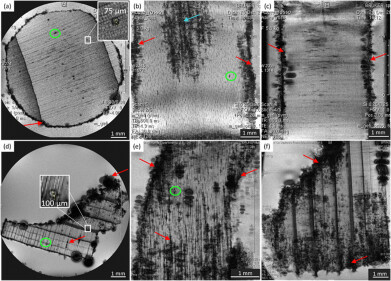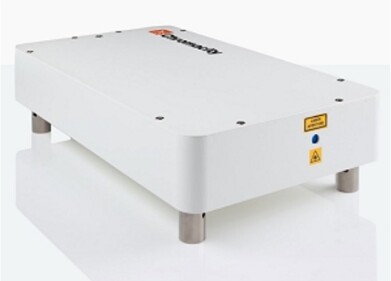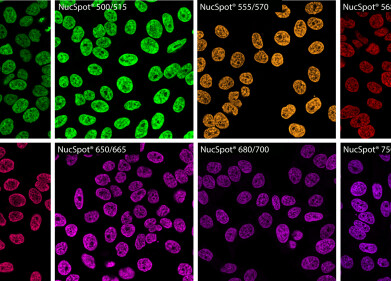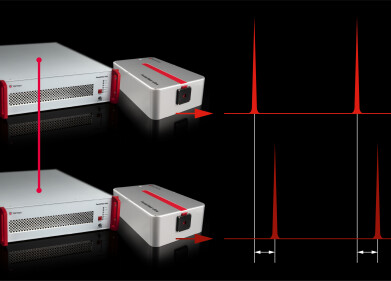Microscopy & Microtechniques
New research confirms role of flavonoid luteolin in cancer
Jan 23 2012
Flavonoid luteolin has been found to inhibit the activity of cell signalling pathways (Insulin-like growth IGF and Phosphatidylinositol 3-kinases PI3K) that is known to be a mechanism for the uncontrolled cell division and cancer growth in colon cancer cells.
The research, published in BioMed Central's open access journal BMC Gastroenterology, shows that luteolin, which is commonly found in fruit and vegetables, was able to block the secretion of IGF-II by colon cancer cells and decrease the amount of receptor (IGF-IR) precursor protein within two hours. It also reduced the amount of active receptor.
There were 101,340 new cases of colon cancer and 39,870 new cases of rectal cancer in the US in 2011 according to the American Cancer Society. The death rates, however, have been dropping for over 20 years due to better screening and improved treatment. There are now more than one million survivors of colorectal cancer in the United States.
Professor Jung Han Yoon Park said: "Our study, showing that luteolin interferes with cell signaling in colon cancer cells, is a step forward in understanding how this flavonoid works. A fuller understanding of the in vivo results is essential to determine how it might be developed into an effective chemopreventive agent."
Posted by Neil Clark
Digital Edition
Lab Asia 31.6 Dec 2024
December 2024
Chromatography Articles - Sustainable chromatography: Embracing software for greener methods Mass Spectrometry & Spectroscopy Articles - Solving industry challenges for phosphorus containi...
View all digital editions
Events
Jan 22 2025 Tokyo, Japan
Jan 22 2025 Birmingham, UK
Jan 25 2025 San Diego, CA, USA
Jan 27 2025 Dubai, UAE
Jan 29 2025 Tokyo, Japan



















